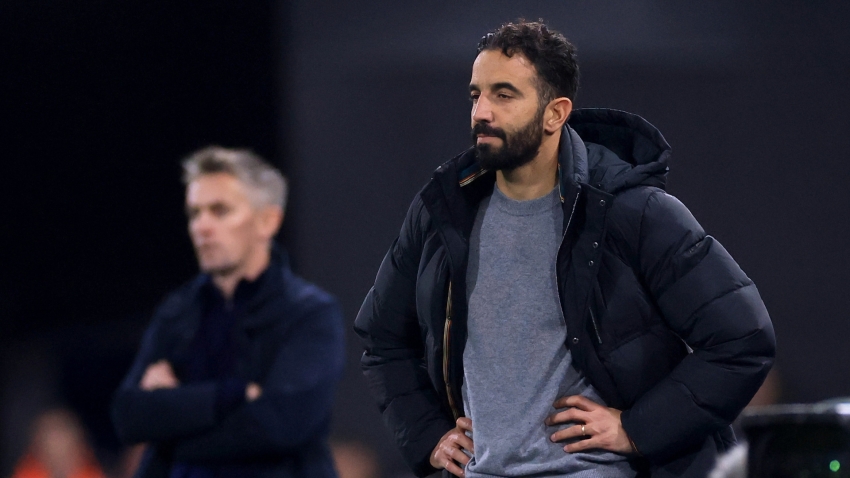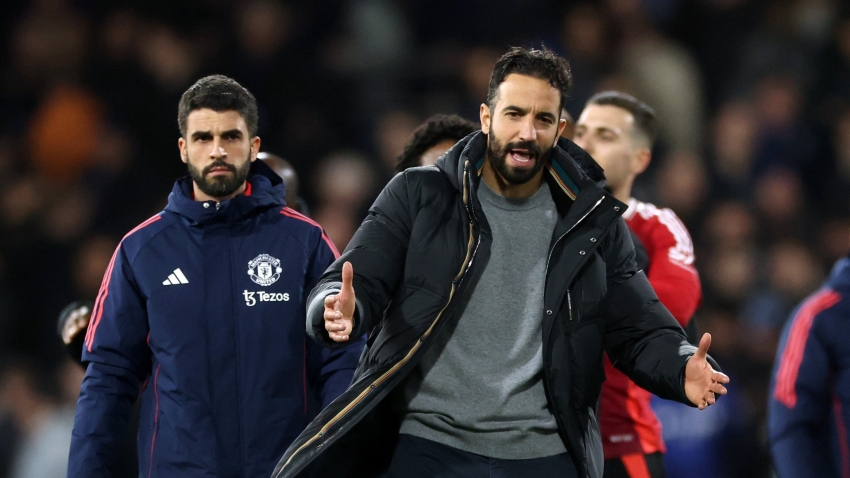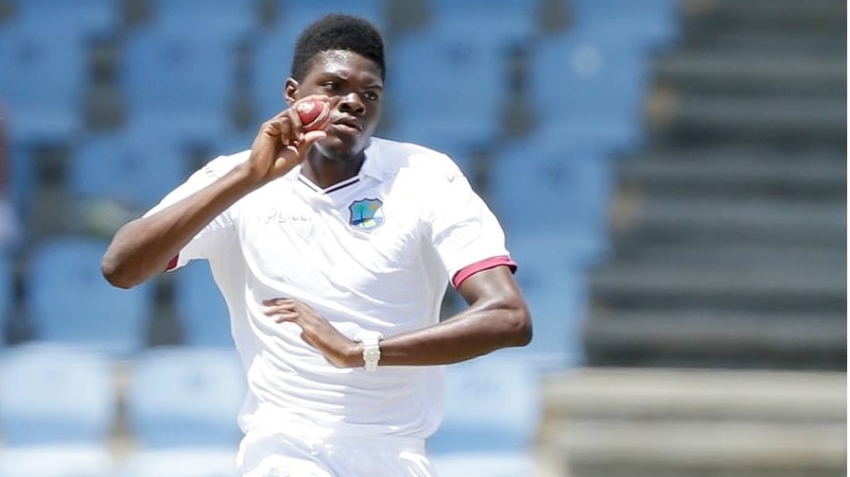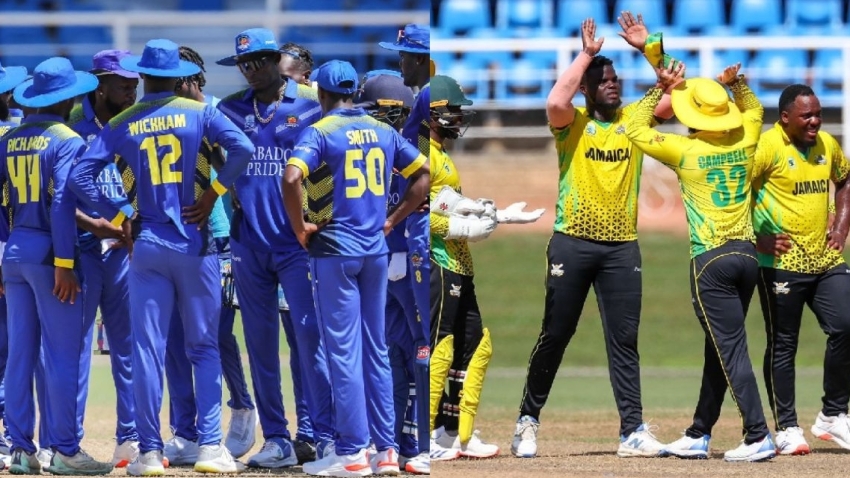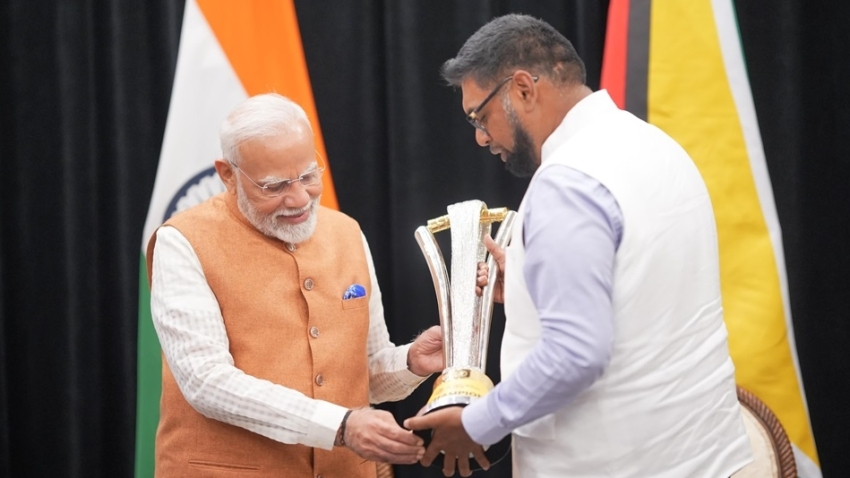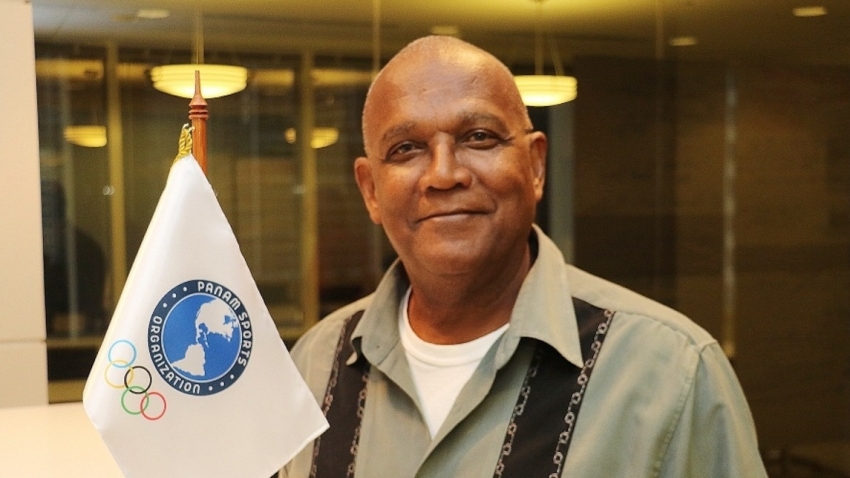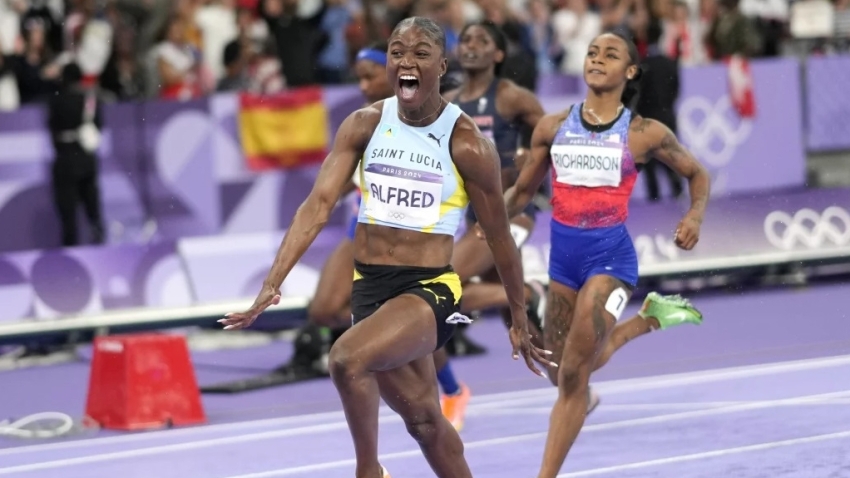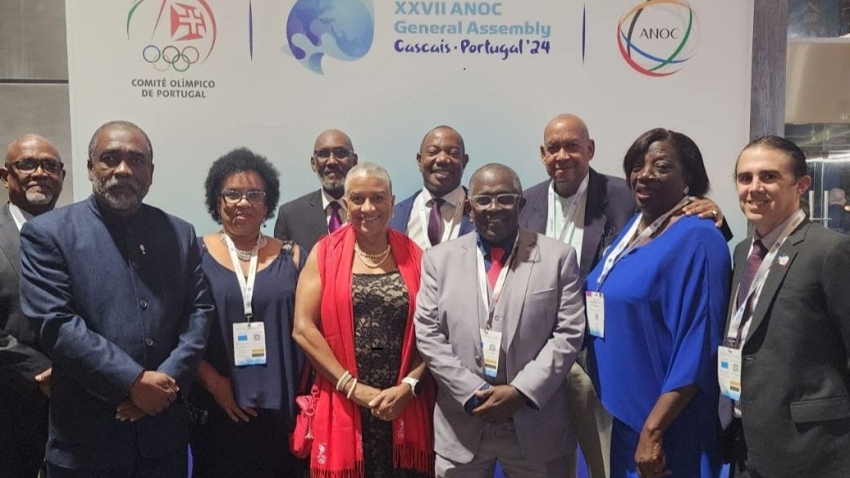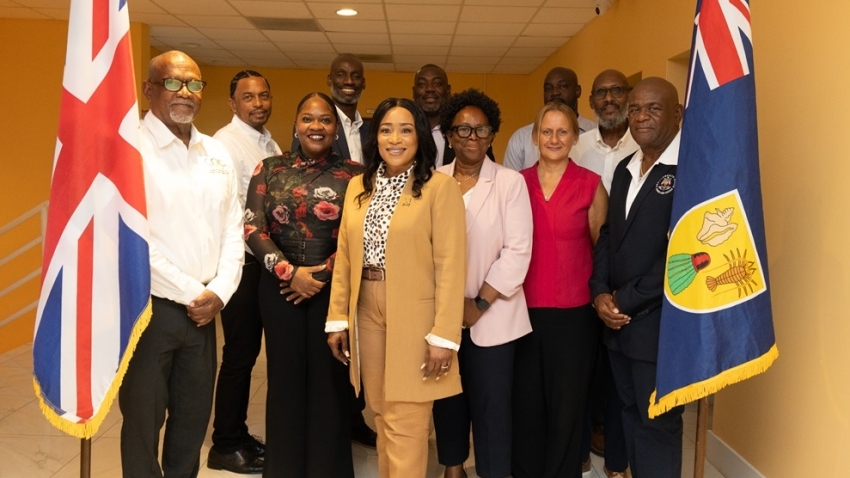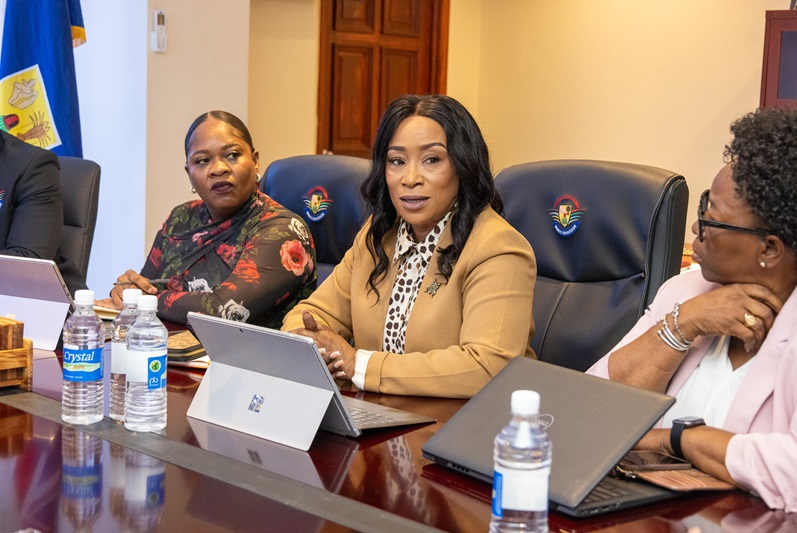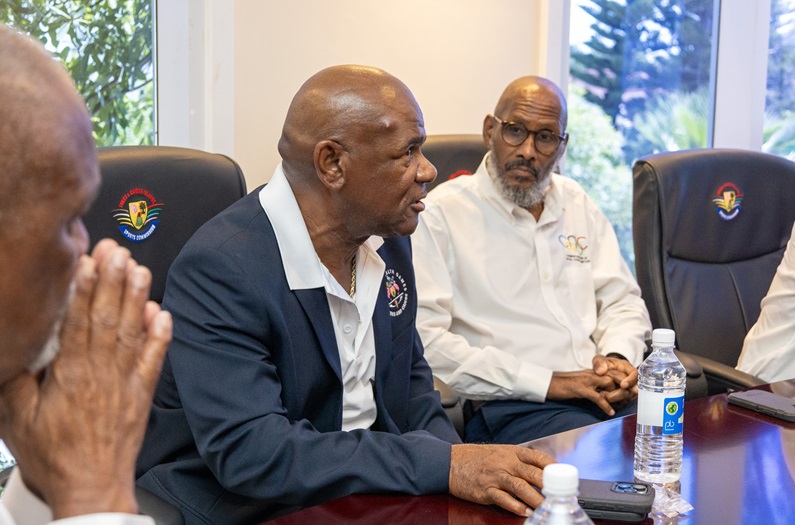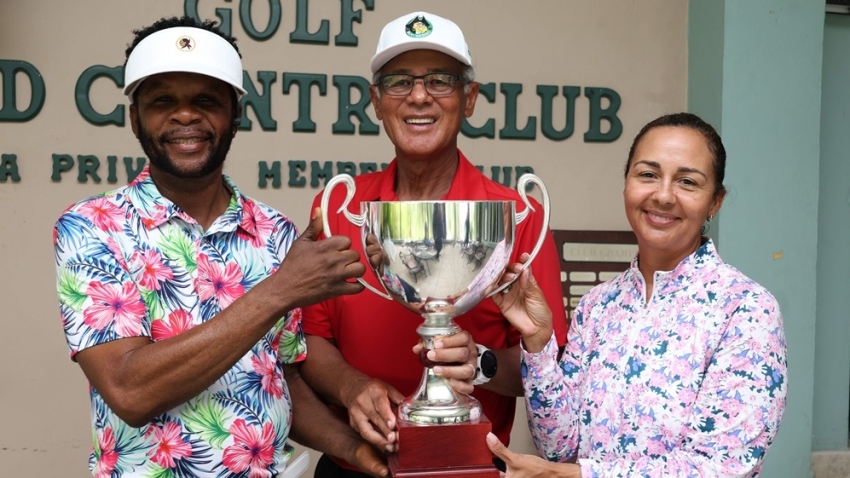In a milestone for Caribbean sports leadership, the Girls’ Positive and Safe Coaching Pathway program celebrated its first graduation ceremony, marking a transformative step in empowering coaches and fostering inclusivity in sports. Held virtually, the event honoured 131 graduates from 15 Caribbean nations and 17 sporting disciplines, with 52 per cent of participants being active female coaches.
The program, a collaborative effort between TAFISA, CANOC, and Nike’s "Made to Play" initiative, focused on creating safe, inclusive, and supportive environments for female athletes while equipping coaches with the tools to lead with intentionality and empathy.
CANOC President Keith Joseph highlighted the program’s transformative potential during the ceremony.
“This is not just a milestone; it is a foundation for change,” Joseph said. “By equipping coaches to foster inclusivity, we are shaping a Caribbean sporting culture that values equity and empowers women and girls.”
TAFISA Vice President for the Americas, Catherine Forde, echoed these sentiments, emphasizing the Caribbean’s leadership in driving meaningful change.
“This pilot program has demonstrated the potential of the Caribbean to lead the way in creating positive change,” Forde said. “Our graduates are trailblazers, showing that safe and inclusive coaching is not just a goal but a reality.”
The program offered specialized certifications in two streams, providing participants with skills to address gender equity and foster a more inclusive sporting environment. Testimonials from graduates reflected the profound impact of the initiative on their personal and professional lives.
Ayanna Morgan, a coach from Barbados, shared how the program has transformed her approach to coaching.
“This program taught me that coaching isn’t just about teaching skills—it’s about understanding, connecting with, and empowering your athletes,” Morgan said. “I’ve already seen a difference in attendance and participation in my track and cricket programs.”
Kelsey Toussaint-Reid from Trinidad and Tobago noted the significant shift in her club’s environment.
“We’ve created a space that’s not just about discipline but also about fun and inclusivity,” she said. “Attendance has grown, and the athletes are more excited than ever to train. This program was a game-changer.”
Judo coach Josue Duprez of Haiti reflected on how the course enhanced his ability to coach female athletes.
“This class helped me see coaching as a partnership,” Duprez said. “It gave me tools to address the unique challenges female athletes face, from motivation to sensitivity, and make their experiences in sports more positive.”
As the graduates continue their work, the ripple effect of their impact is already being felt across communities. With plans to expand the program further, TAFISA and CANOC aim to bring its benefits to even more coaches and athletes across the region.
“This graduation represents a pivotal step toward reshaping the future of coaching and leadership,” said Programme Coordinator Ytannia Wiggins. “It’s a moment to honor the progress we’ve made and to embrace the opportunities that lie ahead, as we continue to build inclusive and transformative spaces for women in sport.”
The Girls’ Positive and Safe Coaching Pathway program stands as a beacon of progress in the Caribbean’s sporting landscape, advancing a vision where every athlete, regardless of gender, can thrive in a supportive and empowering environment.










